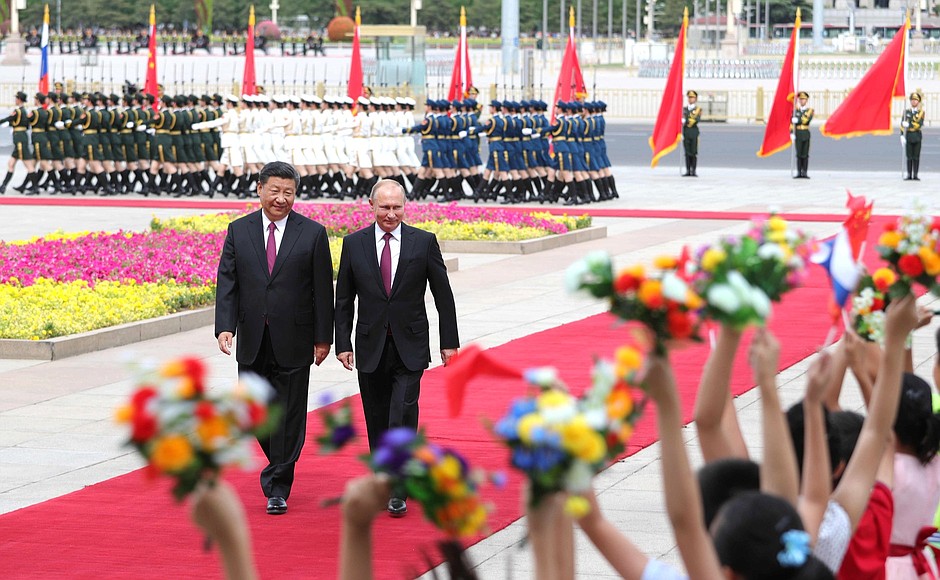
Fear of collateral damage from sanctions is jeopardizing the Kremlin’s “pivot to Asia”
 What happened
What happened
Russia’s drive to do more business in Asia in response to Western sanctions looks more and more like a flawed geopolitical strategy. In recent weeks, Russian companies have been encountering serious problems in both China and Vietnam as local banks and suppliers refuse to work with them over fears they could also fall foul of sanctions.
- The “pivot to Asia” (one of Putin’s phrases) has been the Kremlin’s main policy idea to keep the economy afloat in the face of sanctions. Putin regularly stresses that the Sino-Russian economic relationship is strengthening, and the only sensible part of Russia’s program for abandoning the dollar is to transfer international contracts into rubles and Chinese yuan. Trade between Russia and China is growing, but Asian markets have not become a real buffer against sanctions.
- In September, Russian officials complained to their Chinese counterparts that banks in China are either delaying — or blocking — transactions. EU or U.S. sanctions are the reasons given by China’s banks to explain their actions. The greatest difficulties are faced by sanctioned Russian companies, but even non-sanctioned companies have had problems. However, these issues go well beyond China. Russian machine-building firm Power Machines, controlled by sanctioned billionaire Alexei Mordashov (the second richest person in Russia according to Forbes), sought help this week from the Russian government to build an power plant valued at $900 million in Vietnam. Vietnamese companies have been unwilling to work with companies under U.S. sanctions and, as a result, payments have been frozen and 15 key contractors are refusing to work.
- The U.S. and Europe account for up to 90% of Chinese banks’ foreign transactions, while Russia’s share is tiny — so they are simply not willing to risk being affected by sanctions. According to one Russian businessman, the Chinese often fail to grasp the exact meaning of the sanctions and block any transactions with Russian companies, just to be on the safe side. Asian companies remember ZTE, China’s second-largest electronics manufacturer, which was nearly bankrupted when the U.S. blocked its work following accusations it had breached the sanctions regime against Iran and Korea.
Why the world should care
In short, the difficulties faced by Russian business in Asia prove that Western sanctions are effective. Russian businessmen can be hit anywhere in the world. On the other hand, how this helps achieve the main goal of sanctions — to force Russia to change behavior in the international arena — is much less clear.



